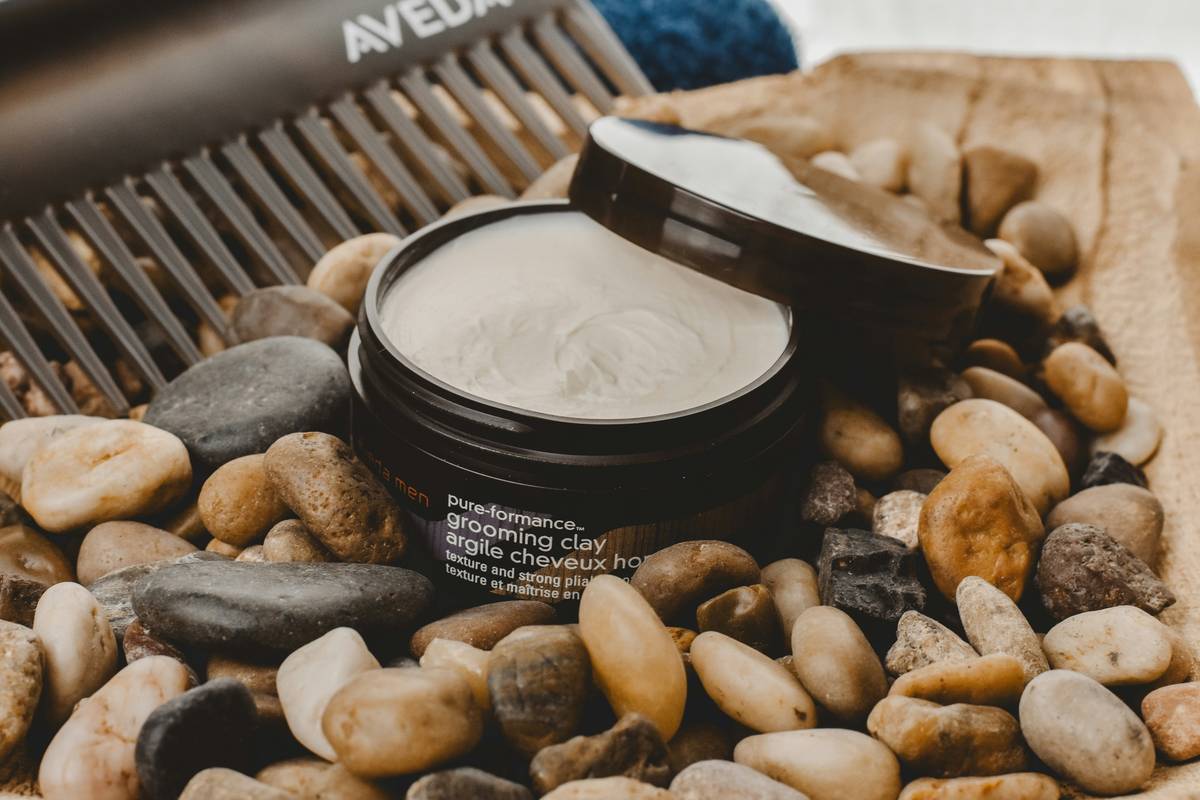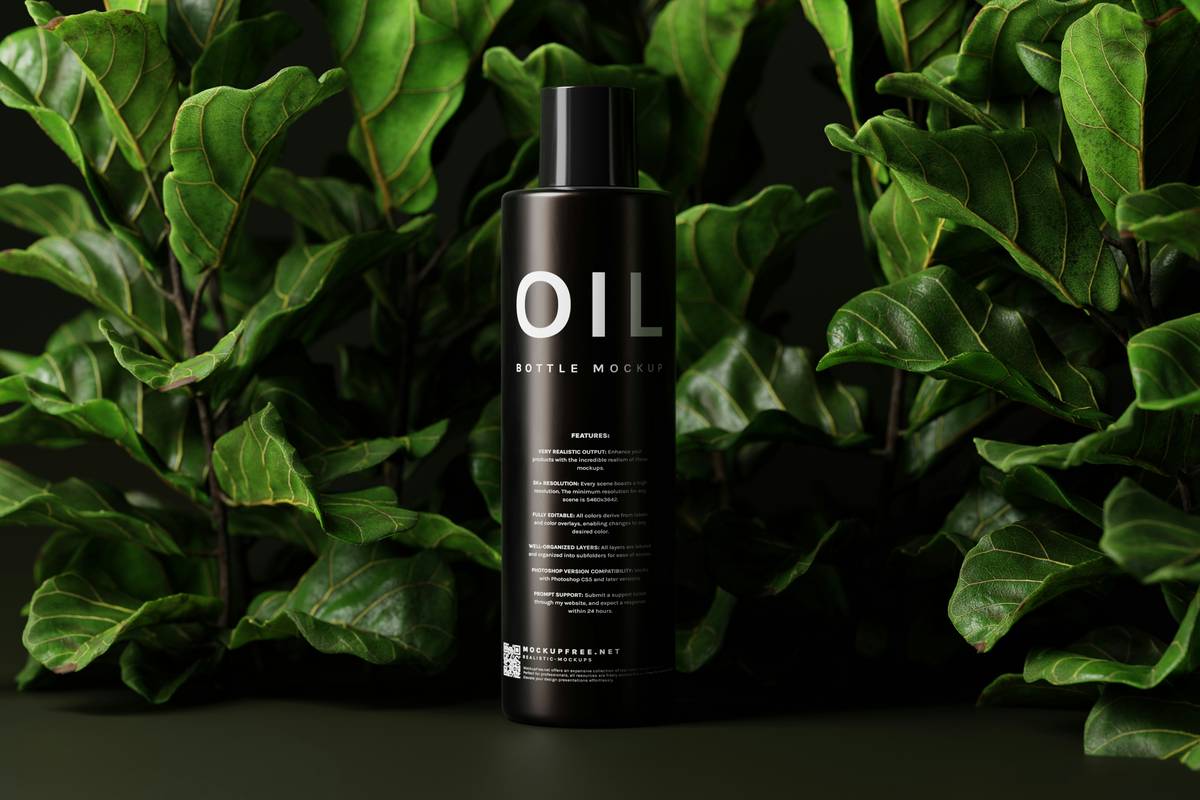Ever stared at your skincare shelf, wondering why you’re still breaking out or dealing with dry patches despite all those expensive products? Yeah, we’ve been there too.
If you’re searching for natural solutions that not only work but also respect the planet, this post is for you. Today, I’m diving deep into plant-based face oils, uncovering how organic plants can transform your skincare routine—and maybe even save your sanity. You’ll learn about their benefits, how to choose the right oil, application tips, and real-life success stories. Plus, stay tuned for a grumpy-but-honest rant about greenwashing!
Table of Contents
- Key Takeaways
- Why Organic Plant-Based Skincare?
- How to Choose and Use Plant-Based Face Oils
- Tips for Maximizing Results
- Real-Life Success Stories
- FAQs About Plant-Based Face Oils
Key Takeaways
- Plant-based face oils are packed with nutrients from organic plants, offering hydration, anti-inflammatory properties, and antioxidants.
- Not all “natural” oils are created equal—always check ingredient lists for purity and sourcing.
- A little goes a long way; overuse can clog pores or irritate skin.
- Popular plant-based oils include rosehip, jojoba, argan, and calendula.
Why Organic Plant-Based Skincare?

In a world filled with synthetic chemicals, it’s no wonder so many people suffer from irritated, sensitive, or breakout-prone skin. Here’s the kicker: Did you know that up to 60% of what we put on our skin gets absorbed into our bloodstream? That means the toxins lurking in conventional skincare could be doing more harm than good.
I’ll confess—I once fell prey to marketing gimmicks promising “miracle” serums packed with unpronounceable ingredients. Spoiler alert: My skin freaked out. And don’t get me started on those $90 bottles that smelled like sad flowers and did absolutely nothing.
Pro tip: Nature knows best. Organic plant-based face oils harness the power of botany without unnecessary additives. Think chef’s kiss for glowing skin.
How to Choose and Use Plant-Based Face Oils
What Makes an Oil “Plant-Based”?
Glad you asked! True plant-based face oils come directly from seeds, nuts, fruits, or other botanical sources. For example:
- Rosehip Oil: Packed with retinoids and vitamin C.
- Jojoba Oil: Mimics your skin’s natural sebum.
- Argan Oil: Deeply moisturizing and rich in fatty acids.
Choosing the Right Oil for Your Skin Type
Here’s where things get personal:
- Dry Skin: Go for heavier, nourishing oils like avocado or marula.
- Oily/Acne-Prone Skin: Opt for lightweight options like grapeseed or tea tree oil.
- Sensitive Skin: Calendula or chamomile oils are gentle yet effective.
Step-by-Step Application Guide
- Cleanse your face thoroughly to remove dirt and makeup.
- Apply a toner if needed.
- Use 2–3 drops of plant-based face oil and massage gently onto damp skin (yes, damp—not dripping).
- Finish with sunscreen during the day or a moisturizer at night.
*Optimist You:* ‘This sounds easy enough!’
*Grumpy You:* ‘Ugh, fine—but only if coffee’s involved. And maybe chocolate.’
Tips for Maximizing Results
1. Patch Test First
Sounds obvious, but trust me—you don’t want to skip this step. A tiny dab behind your ear will tell you if you’re allergic to any compounds.
2. Store Properly
Keep your oils away from direct sunlight or heat, which can degrade their quality. Dark glass bottles are your friend here.
3. Mix It Up (Optional)
Add a drop or two of lavender essential oil to your face oil for extra calming effects—or just because you love the smell.
4. Avoid Overdoing It
This one’s brutal honesty time: Using too much product is a quick route to greasy disaster town. Stick to a few drops max.
Real-Life Success Stories
Meet Sarah, a busy mom who struggled with adult acne for years. She swapped her chemical-heavy creams for pure jojoba oil after reading rave reviews online. Within weeks, her breakouts cleared up, and she couldn’t stop raving about her newfound glow.
Then there’s Jake, a guy who never thought twice about skincare until his dermatologist suggested trying rosehip oil for dark spots caused by shaving irritation. Fast forward six months—he now swears by it as part of his daily grooming routine.

FAQs About Plant-Based Face Oils
Are They Safe for Sensitive Skin?
Most are incredibly gentle, but always patch test first. Look for hypoallergenic labels and avoid citrus-derived oils if you’re prone to sensitivity.
Can I Use Them Under Makeup?
Absolutely! Just ensure your foundation plays well with oily bases (most modern formulas do).
Do They Expire?
Yes, typically within 6–12 months. Check expiration dates and store properly to extend shelf life.
Conclusion
Plant-based face oils might just be the skincare heroes you’ve been waiting for. They offer clean, sustainable, and scientifically-backed benefits while steering clear of harsh synthetics. Remember, though—not every bottle labeled “natural” deserves your trust. Do your homework, and your skin will thank you.
Like a Tamagotchi, your skincare needs consistent care. Keep experimenting, keep learning, and above all, enjoy the journey to healthier, happier skin.
Haiku Time:
Seeds bloom into oils, Nature whispers soft truths, Glow follows kindness.


